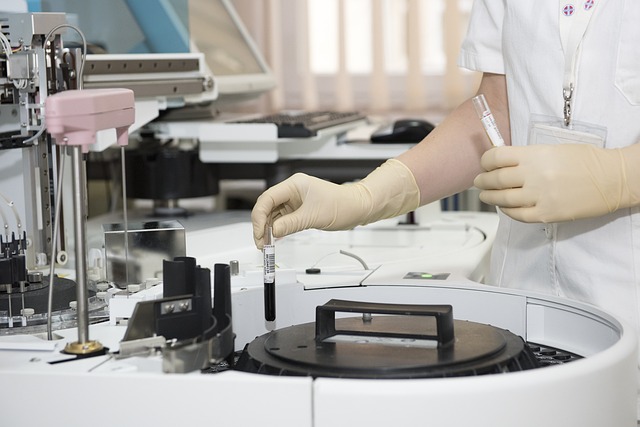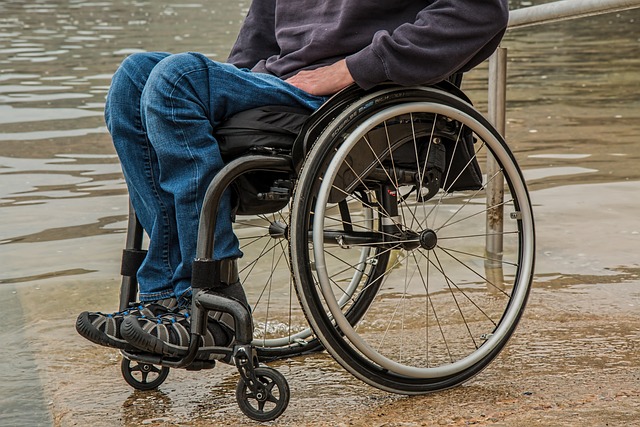Precision Matters: The Importance of Medical Calibration Services in Healthcare

Let’s talk about something super crucial in healthcare – precision. Picture this: you’re at the doctor’s office, getting your blood pressure checked, or maybe in the operating room, undergoing a surgical procedure.
In both scenarios, one thing’s for sure – you want those medical instruments to be as precise as possible.
That’s where medical calibration services swoop in to save the day, ensuring that our healthcare tools are top-notch and ready to rock.
The Lowdown on Medical Calibration
What’s the Deal with Calibration?
So, what exactly is calibration? Well, think of it as fine-tuning your favorite musical instrument to ensure it hits all the right notes.
Similarly, calibration involves tweaking and testing medical equipment to ensure they’re spot-on and accurate.
From thermometers to MRI machines, calibration ensures that these gadgets perform at their peak, delivering reliable results every single time.
Why Does Calibration Matter?
Imagine relying on a wonky thermometer that gives you the wrong temperature readings. Not cool, right?
Calibration swoops in to save the day by ensuring our medical instruments are as accurate as possible.
This isn’t just about convenience – it’s about keeping patients safe and ensuring that healthcare providers can make informed decisions without any guesswork.
Precision: The Holy Grail of Healthcare
Getting Diagnoses Right
In the world of healthcare, accuracy is everything. Precision is key, whether diagnosing a pesky infection or detecting a life-threatening condition.
Calibrated equipment ensures that healthcare providers get the information they need to make accurate diagnoses, leading to better treatment outcomes and happier patients.
Putting Patient Safety First
Let’s face it – when it comes to healthcare, there’s no room for errors. Whether it’s administering medication or performing surgery, precision is non-negotiable.
Calibrated instruments minimize the risk of mistakes, keeping patients safe and sound throughout their healthcare journey.
Empowering Healthcare Heroes
Boosting Confidence
Imagine being a surgeon gearing up for a complex procedure. The last thing you need is to second-guess your equipment.
Calibration gives healthcare providers the peace of mind to focus on what they do best – saving lives. With calibrated tools, they can tackle any medical challenge with confidence and precision.
The Ripple Effect of Precision
Saving Time and Money
Some might see calibration as an unnecessary expense, but trust me – it’s worth every penny. Calculated instruments save time and money in the long run by preventing errors and downtime.
Think of it as an investment in better patient care and smoother operations – now, who wouldn’t want that?
Building Trust and Reputation
In the world of healthcare, trust is everything. Patients want to know they’re in good hands; calibrated instruments help build that trust.
By prioritizing precision, healthcare facilities show their dedication to quality and safety, earning them a stellar reputation in the community.
Choosing the Right Calibration Partner
Look for Accreditation
When it comes to calibration, not all service providers are created equal. Look for accredited providers meeting international standards, ensuring your equipment is in good hands.
Trust me – you’ll sleep better at night knowing that your instruments are in tip-top shape.
Personalized Solutions
Every healthcare facility is unique, so why settle for one-size-fits-all solutions? Look for calibration partners that offer personalized services tailored to your specific needs.
Whether scheduling maintenance checks or providing on-site support, a customized approach ensures that your equipment stays in top form, no matter what.
Wrapping It Up
So, there you have it – the lowdown on medical calibration and why it’s an absolute game-changer in healthcare.
So, the next time you step into a doctor’s office or undergo a medical procedure, take a moment to appreciate the precision behind the scenes – it keeps us all healthy and happy in the long run.
Frequently Asked Questions About Medical Calibration Services
Here are some FAQs to shed light on this crucial aspect of healthcare:
Q: How often should medical equipment be calibrated? A: The calibration frequency depends on several factors, including the type of equipment, its usage, and regulatory requirements. Generally, medical equipment should be calibrated regularly – typically annually or biannually – to maintain optimal performance.
Q: Are there regulations governing medical calibration? A: There are regulations and standards governing medical calibration to ensure quality and safety. Organizations like ISO (International Organization for Standardization) and NIST (National Institute of Standards and Technology) provide calibration procedures and accreditation guidelines.
Q: Can I calibrate medical equipment myself? A: While some basic calibration tasks can be performed in-house, most medical equipment requires specialized knowledge and equipment for calibration. It’s usually best to leave calibration to trained professionals with the expertise and resources to ensure accurate results.






